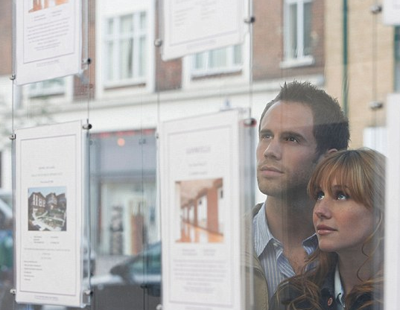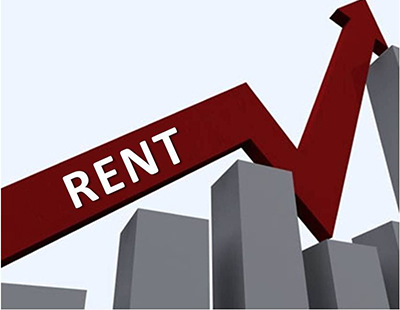
New research claims to show that the lockdown could end up with higher rents as demand in the lettings sector outstrips supply.
Using Financial Conduct Authority data the research suggests that the number of landlords entering the market with new stock has slowly declined every year since 2015 with an average annual drop of one per cent.
At the same time, the value of the buy to let market has also diminished at an average annual rate of one per cent a year.
Despite a declining level of stock entering the market, there has been growing demand which has seen the average UK rent climb by an annual average of four per cent each year since 2015.
It’s now at £743 a month compared to £627 in 2015.
The average cost of a rental deposit has also increased at an average rate of three per cent each year over the last five years.
Now the organisation behind the research - deposit alternative service Ome - claims a similar increase this year would see the average rent hit £776, while the average deposit would reach almost £900 despite the recently introduced five week deposit cap.
However, Ome predicts that any lasting reduction in rental stock due to the current pandemic could result in a much larger increase in cost for UK tenants in the long term.
“Agents and landlords are facing a very tough few months with some tenants unable to pay their rent and some landlords facing much longer void periods due to a drop in market activity” explains Ome co-founder Matthew Hooker.
“The buy to let market has already seen a notable decline in appetite following increases to stamp duty and changes to tax relief, with the number of buy to let mortgages declining steadily since 2016. It is no coincidence that rents have also climbed rapidly during this time.
“As a result of these latest market developments, we could see many decide to exit the sector, or opting to refrain from a buy to let investment for the foreseeable future at least. This further reduction in stock would have grave implications for the nation’s tenants who have already seen the cost of renting increase due to an imbalance between demand and supply.”













%20-%20IMAGE%20Client%20Accounting%20%E2%80%93%20what%20are%20your%20options.jpg)









Join the conversation
Be the first to comment (please use the comment box below)
Please login to comment